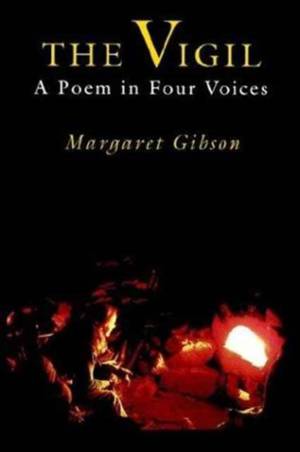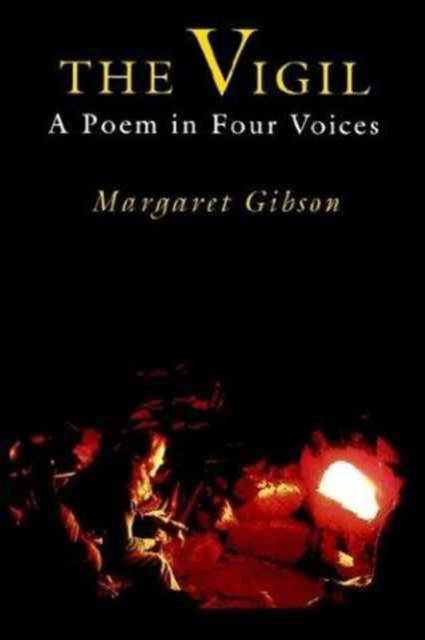
- Retrait gratuit dans votre magasin Club
- 7.000.000 titres dans notre catalogue
- Payer en toute sécurité
- Toujours un magasin près de chez vous
- Retrait gratuit dans votre magasin Club
- 7.000.0000 titres dans notre catalogue
- Payer en toute sécurité
- Toujours un magasin près de chez vous
Description
Margaret Gibson is a writer who extends the scope of poetry beyond its accustomed boundaries. Her previous work has ranged from lyric celebrations of natural world to poems that speak out against political injustice and violence. She can turn from a creative reimagining of the life of the photographer and revolutionary Tina Modotti in Mexico to write sensuous meditations influenced by Buddhist and Christian thought. In her newest book, The Vigil, Gibson adroitly interweaves the voices of four women, mothers and daughters of three generations, who, during the course of a single day, reveal the depths of the legacy of alcoholism in their family.
"There's nothing wrong here: don't tell anyone"--that has been the guiding principle of these women's lives, enmeshed in patterns of silence and denial, secrecy and lies. But on this one day of startling revelations, the full extent of the family's secrets, kept still in the sweep of years, begins to emerge. As the history of loss and regret unfolds, the women begin to sense those have passed down from mother to daughter. In the end, we see the four women poised, however precariously, on the thresholds of trust, candor, forgiveness, and love. In The Vigil, the lyric and meditative qualities that readers have long since come to expect from the work of Margaret Gibson combine with an unexpected dramatic and narrative unity. The result is a work that is daring and accomplished, a remarkable tour de force of imagination and technical skill, a ringing affirmation of Philip Booth's earlier assessment that Gibson is "a poet profoundly empowered."Spécifications
Parties prenantes
- Auteur(s) :
- Editeur:
Contenu
- Nombre de pages :
- 124
- Langue:
- Anglais
Caractéristiques
- EAN:
- 9780807118689
- Date de parution :
- 01-08-93
- Format:
- Livre broché
- Format numérique:
- Trade paperback (VS)
- Dimensions :
- 150 mm x 224 mm
- Poids :
- 181 g

Les avis
Nous publions uniquement les avis qui respectent les conditions requises. Consultez nos conditions pour les avis.






